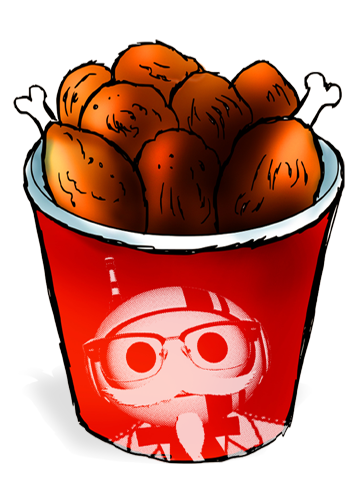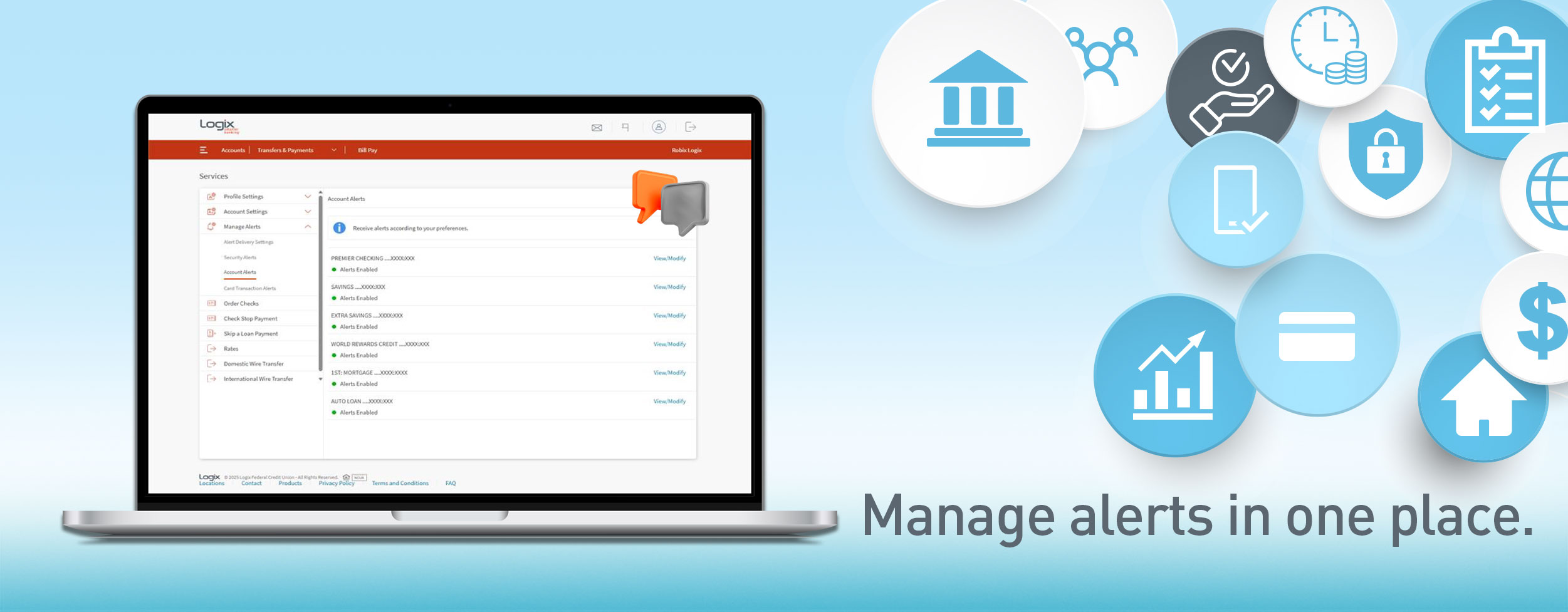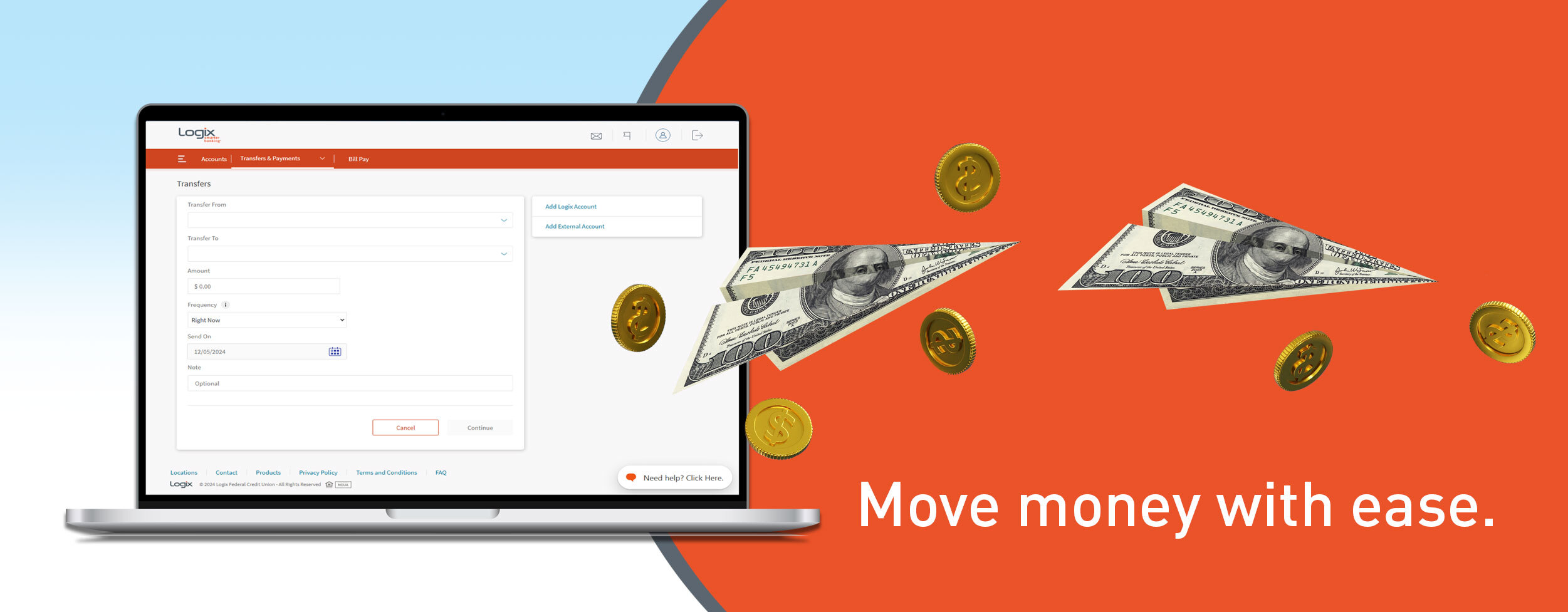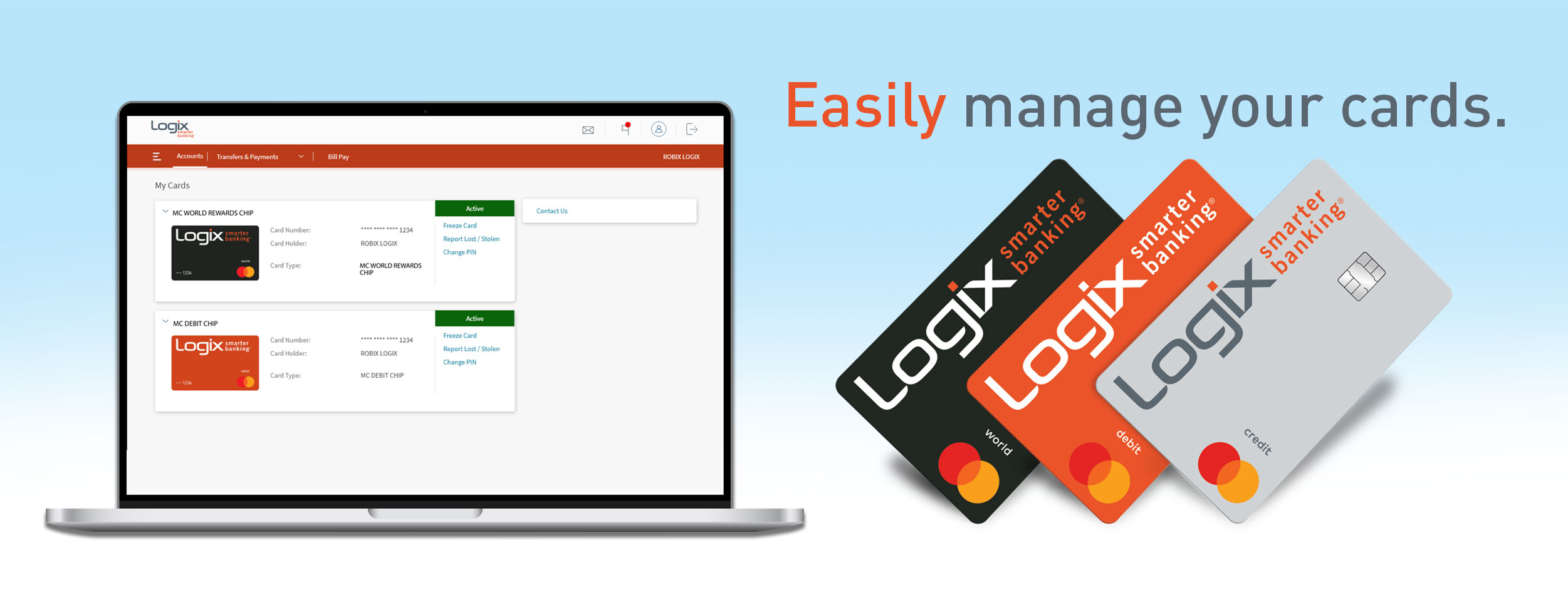 As children, my brother and I would always fight over the “big piece of chicken” . It was not so much an argument for the actual food, as we were always fed, but rather about who could get the most. The funny thing about this is that, even though we were growing boys, neither one of us ever finished the meal when we did get the big piece of chicken, but whoever didn’t get the heavier meal, actually ate all their food.
As children, my brother and I would always fight over the “big piece of chicken” . It was not so much an argument for the actual food, as we were always fed, but rather about who could get the most. The funny thing about this is that, even though we were growing boys, neither one of us ever finished the meal when we did get the big piece of chicken, but whoever didn’t get the heavier meal, actually ate all their food.
Now, as an adult, I notice that same tendency in my life: a competitive spirit and perpetual desire for more or the most. Consistently, whenever I am in a place where I have a lot of money to spend, I spend it all. When I am strapped for cash I somehow manage to make it work every time and am always surprised by my ability to budget and plan when I need to. They say necessity is the mother of invention, I would say my mother’s chicken helps me understand my economics.
The need for food has really been replaced by the need for money in this day in age. Cash has become the common denominator ,so, in our society the big piece of chicken might look like a hearty bank account balance, but the principle is the same: We want more because we know there is more out there. Once we get it, we may not be the most efficient with our use of it. After all, hunger only takes our desire so far, and after that we’re easily led by greed and it is a slippery slope.
I realized that, for a period in my life, I was always broke no matter how many raises I got. My bills hadn’t necessarily increased, but I was still spending more each month and had nothing to show for it, so I always wanted more. One day I took the time to realize how much money I actually needed to get by and looked at where everything else was going. I was shocked. I had finally gotten the big piece of chicken and I had become very wasteful. After looking at my spending I realized I could have been pretty happy with my income two raises ago and been able to make some big changes to my lifestyle.
This is the basic idea behind a budget in the first place: taking a look at what your real needs are and matching that with your income. Everything above that should be viewed, not as “extra,” but managed as efficiently as the portion that goes towards our needs. If I had learned this lesson as a kid, not only would I have never wasted any food and argued less with my little brother, I would have been perfectly okay with NOT getting the big piece of chicken.


%20(952%20x%20317%20px)-2.png)








